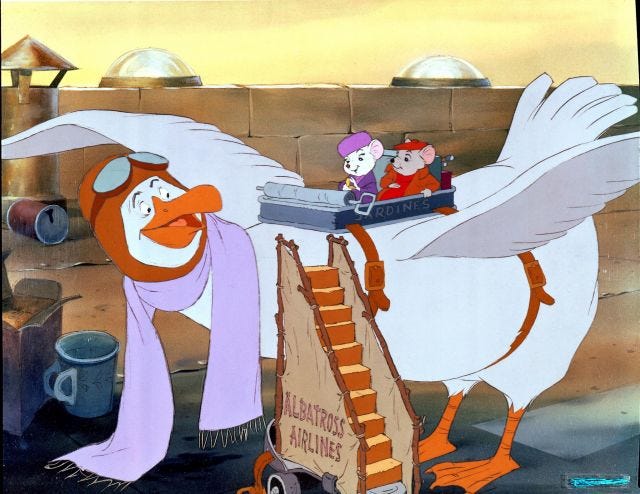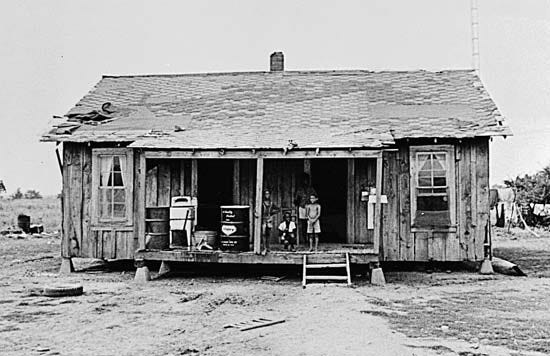So What, Who Cares (vol 2, issue 47) How your brain benefits from a trip out of town
Hello! I left my job of nine years on Friday and started a new one yesterday. It's been an exciting and overwhelming few weeks. At this point, I could use a Benefits Doula to rub my back and/or bring me a good stiff drink while I finished setting up or settling assorted accounts with ADP.
Has anyone else here changed jobs recently? What were the most and least brain-intensive parts of the transitions for you? Tweet me or email me -- we'll dish.
Anyway! Let's get to the latest edition.
*

If you want to be creative, get out of town. More importantly, become immersed in wherever you're visiting. Creativity is generally linked to neuroplasticity, i.e. how neural pathways are wired or rewired depending on different stimuli. Change is good for creativity: new sounds, smells, language, tastes, sensations, and sights spark different synapses in the brain.
Columbia Business School professor Adam Galinsky has made a study of the link between creativity and travel and he says that it's not enough to merely rack up the stamps on your passport:
"The key, critical process is multicultural engagement, immersion, and adaptation. Someone who lives abroad and doesn't engage with the local culture will likely get less of a creative boost than someone who travels abroad and really engages in the local environment."
So what? If you were looking for an excuse to get out of town, now you have one! But the real takeaway is that our brains thrive on both novelty and sustained challenges of adaptation.
Who cares? Anyone in a rut. The observation is that relocation, with its attendant constant shocks of the new, can jump-start your brain. It's not unlike the idea to get out and take a walk because the change in scenery can shake your thinking when you're struggling with an intractable brain (vol 1, issue 15).
*

One of the sexiest stories in the news these days is the insane state of housing in San Francisco and other metro areas, with side commentary on the link between high rents and proximity to sprawl-killing features like mountains or oceans.
Which is why it's easy to overlook another burgeoning housing crisis in the U.S.: the lack of affordable housing for rural Americans. A potent combination of a higher-than-the-national-average poverty rate, a lack of municipal infrastructure and deteriorating housing stock mean that poor, rural Americans struggle to find - or stay in -- houses that are fit for human habitation.
So what? I'll let the Atlantic article explain why this is a big deal:
The population of rural America is aging more rapidly than the nation as a whole, thanks in part to the exodus of young people. That means rural residents are less likely to pick up and move, but they will also require updated homes, facilities, and new infrastructure that can allow them to live safely and access services, like hospitals, which they will probably use more frequently as they age.
Who cares? Rural nonprofits have been trying to develop the social networks and funding to keep people from having to live in their cars on their property. But policy wonks should be putting together a cogent plan for addressing this housing issue, among other economic concerns for rural Americans. As the New York Times reported last year:
Of the 353 most persistently poor counties in the United States — defined by Washington as having had a poverty rate above 20 percent in each of the past three decades — 85 percent are rural.
The link between the income gap and the longevity gap is readily apparent -- see this excellent story on the state of healthcare in southwestern Virginia for a truly eye-opening look at what life is like in a rural area with a limited economic base.
Expect the issues of rural housing and health -- as tied to economic opportunity or lack thereof -- to be floated early in the 2016 election when someone figures out how to tie the welfare of rural Americans to some plank in their party platform.
*
Your pop culture note of the day: I was talking to my brother last week and he mentioned the series Danger 5. "Have you seen it yet? I think of you every time I watch an episode," he said.
"We don't have Netflix," I said. "I got free HBO and Showtime the last time I had to argue with Comcast about our cable rates, and having a streaming service on top of premium HD cable seems debauched. I don't want to be the poster child for wretched excess."
"You're ridiculous," replied my brother. And 30 minutes later, I got an email reading. "Happy birthday! Have some Netflix."

That long-winded introduction is a way of winding back to a recommendation from SW,WC reader Jessica, who wrote to recommend the Diana Vreeland documentary The Eye Has To Travel after reading vol 2, issue 20.
I have been dying to watch it ever since Jessica mentioned it. Thanks to my brother's generosity, I was able to watch The Eye Has To Travel on Netflix this weekend.
It is a glorious confectionery box of a movie, and anyone who's a student of visual literacy or the American pastime of reinvention will thrill to the experience.
The Eye Has To Travel will be available for rent on iTunes next month, for those of us who are still virtuously resisting a subscription to streaming video services.
On a related note: For a brainy and accessible look at how Americans have become more visually sophisticated over time, I highly recommend Virginia Postrel's The Substance of Style. Although the book came out in 2004 -- which feels like practically a generation ago in terms of visual trends -- Postrel's writing is just as fresh today, because it provides a great explanation for the role of aesthetics in how we craft an understanding of the world around us.
*
Are there typos? I apologize in advance. The only editing class I did not get an A in was copyediting.
Did you miss an issue of So What, Who Cares? The archive is here.
Would you like a run-down of all the books and other pop culture picks ever mentioned in this newsletter? Then check out the Pinterest board. (Note: None of the links are affiliate links; I do not make money off anything I link to.)
If you really like So What, Who Cares?, tell a friend to subscribe.

